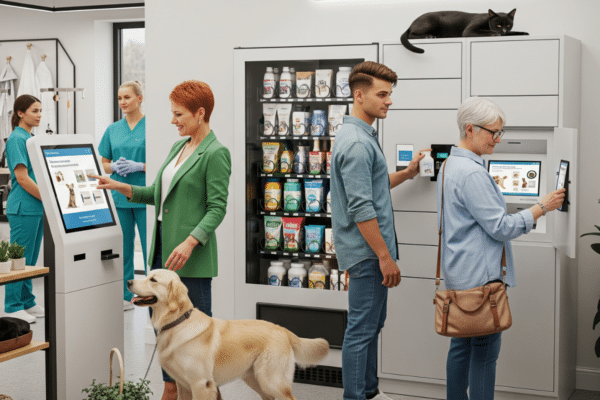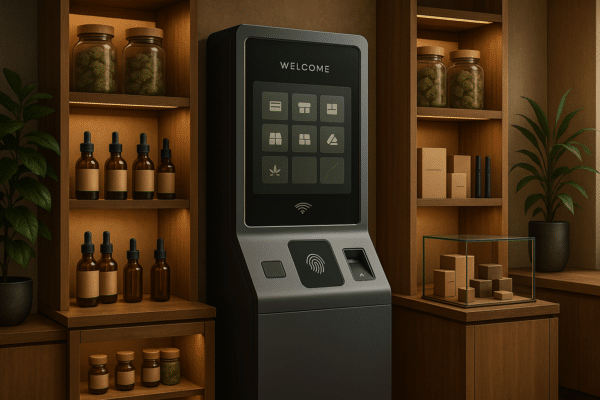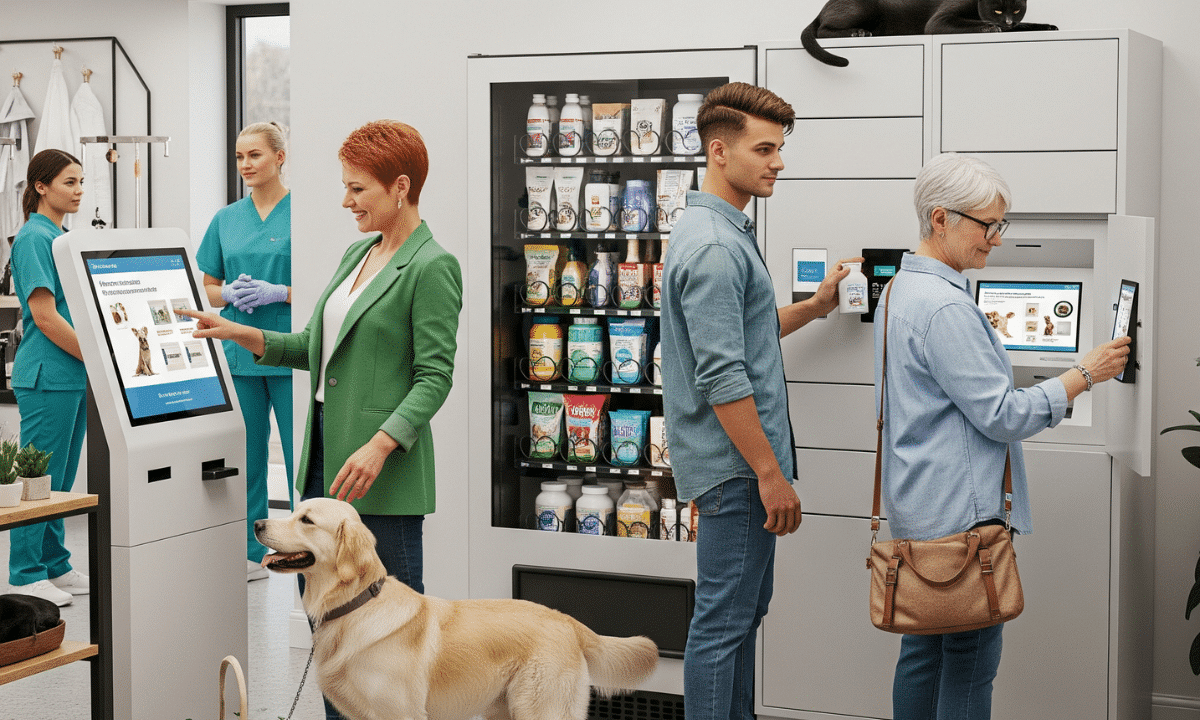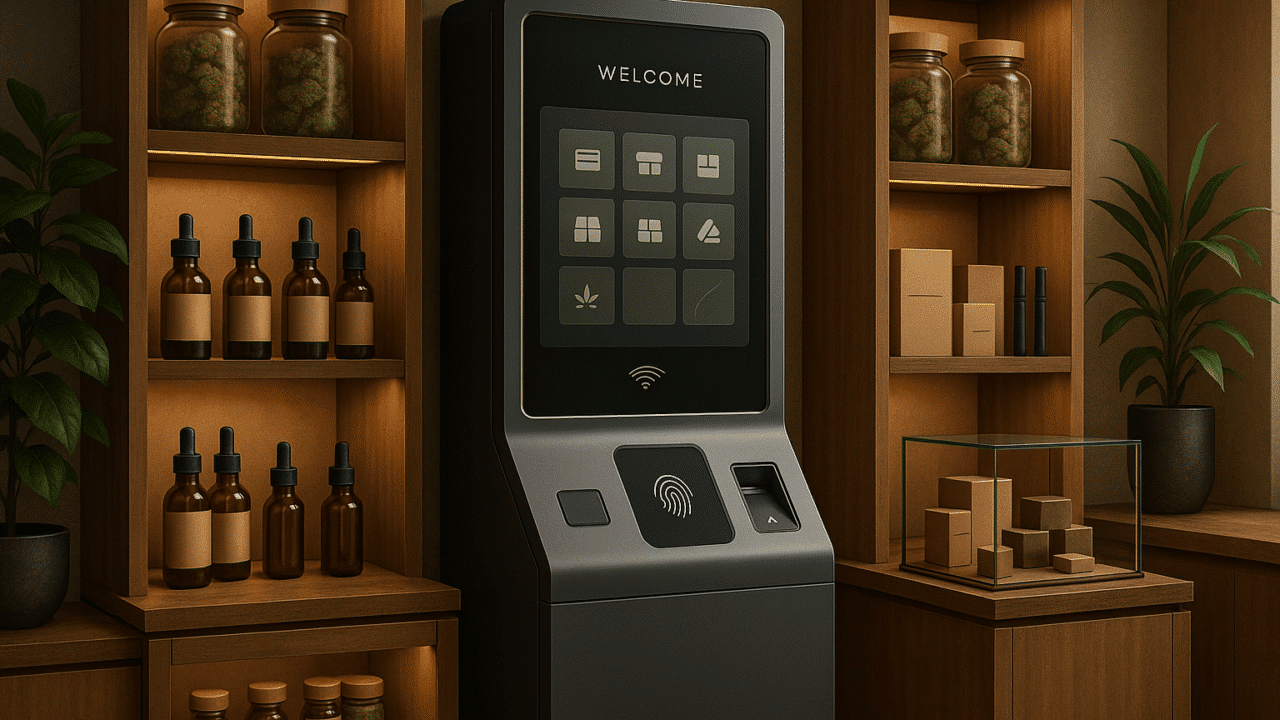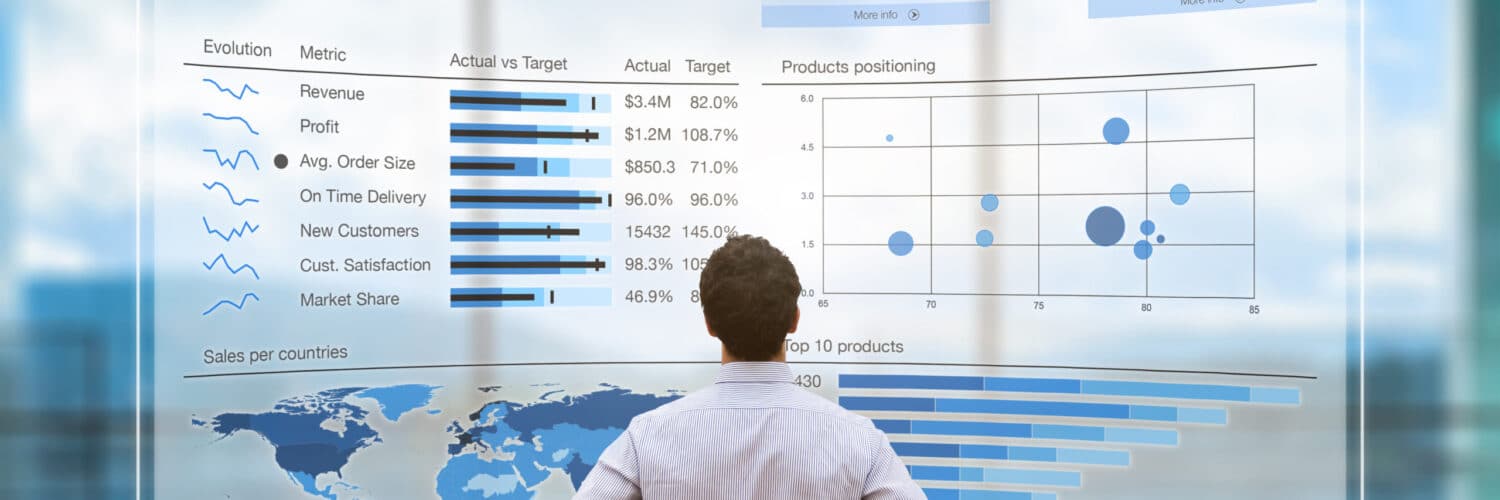
The importance of analytics to drive retail business decisions
Retail businesses collect massive amounts of data, often from different channels—in-store, online and social media. But without analytics, you can’t harness the valuable insights from that data. Through data analytics, you can verify, understand, and quantify—enabling you to make data-driven business decisions that can open untapped opportunities for growth and profitability. According to a survey of more than 1,000 senior executives conducted by PwC, highly data-driven organizations are three times more likely to report significant improvements in decision-making compared to those who rely less on data.
Here are the top five reasons how analytics can drive better retail business decisions:
Personalization
Data analytics can help pinpoint shifts in what consumers buy, and highlight what products should be highlighted, and create a more personalized consumer experience. Retail analytics can also drive more effective marketing campaigns. Whether it’s creating targeted social media ads or suggesting related products at online checkout, analytics can help retailers and brands make better marketing decisions.
More accurate business decisions
Data analytics tools can help determine the impact of proposed pricing and product changes, and how it will impact customer demand. Armed with this data-driven information, you can conduct A/B testing on a single product, or single location to determine the success of the changes, before rolling out across all retail categories or locations.
Increased proactivity
The more data you collect, and more you rely on data analytics to drive business decisions, the more confidence you’ll have in making proactive, rather than reactive decisions, such as being one step ahead of the competition on recognizing opportunities, or detecting a threat before it derails your retail operation.
Optimize supply chain and inventory management
Supply chain issues and inventory management are top-of-mind for retailers, especially as consumers have embraced omnichannel shopping like never before. Gathering and analyzing data about production and delivery can help retailers ensure optimized inventory levels across in-store and online channels.
Improved customer experience
Data analytics can reveal insights that help you create the best possible customer experience. Whether it’s analyzing foot traffic patterns, so you have the optimum number of sales associates on the floor, what in-store display consumers spend the most time with, or the number of online sales, you can learn what customers like—and don’t like—about their retail experience and make it better.
A Forrester report states that, though 74 percent of retail firms say they want to be data-driven, only 29 percent are successful at connecting analytics to action. If you’d like to put your data to work for your retail organization, T-ROC offers end-to-end solutions for retailers, manufacturers, and brands. To learn more visit https://trocglobal.com/

